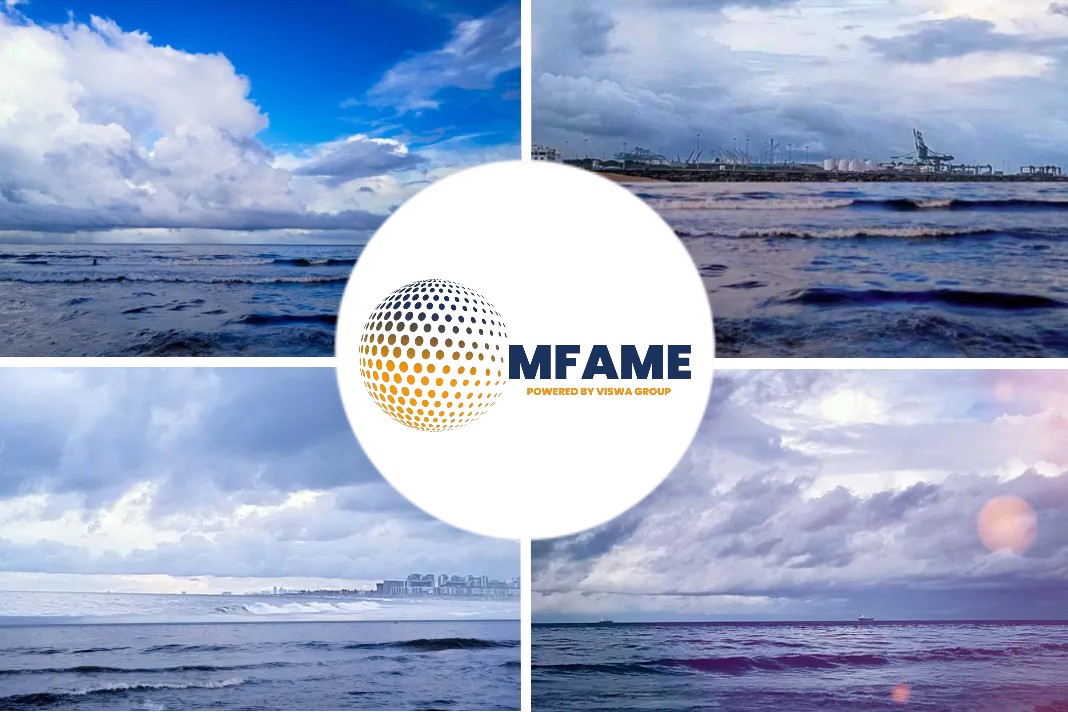The marked improvement of the dry bulk market has led to the reduction in the number of ships sold for scrap, despite the fact that prices offered are more than attractive. In its latest weekly report, GMS, the world’s leading cash buyer said that “the recent market upsurge still shows no sign of abating, with another strong showing this week as levels propel ever closer to the coveted USD 400/LDT mark. One element that is helping this continued resurgence of fortunes is a distinct shortage of tonnage making it to the various recycling waterfronts. Compared to the corresponding period last year, supply to the beaches is about 50% lower this year (especially in the subcontinent)”.
GMS added that “coupled with improving local steel plate prices and the currency (especially in India), this has subsequently led to a frantic demand, particularly for pre-monsoon tonnage in the Indian sub-continent, as each new / successive fixture in the market fetches a higher number than the previous sale. How much longer will this market heat sustain remains a growing point of concern, as many industry players and recyclers believe the market may have already peaked, with prices set to soften as we head into April and even more likely, for pre-monsoon deliveries going into May. International markets have certainly taken something of a battering of late and local steel markets in China and Turkey have come off significantly as well – perhaps an ominous foretelling of an inevitable unfolding of events in the Indian sub-continent recycling markets. Notwithstanding, it has certainly been a tremendous rally when compared to the doldrums that the market was in over the same period of 2016. The lowly USD 200s/LDT has sharply rebounded to almost touch the USD 400/LDT mark and it will be a momentous occasion once that psychological barrier has been breached, for a market that can be considered to have almost fully recovered from the ship-recycling recession of 2015 – early 2016”.
In a separate report, Allied Shipbroking noted that “the momentum continues on the price front, with many now seeing the possibility of touching levels of US$ 400/ldt fairly soon, especially if things continue as they are now. The lack of demo candidates has really put the pressure on cash buyers which have shown a considerable increase in appetite. As such, competition for each unit that does come to market is heavily contested and many are even willing to push for ever higher numbers as a speculative vibe starts to really take over the overall market. Local prices for steel have also helped keep this current momentum moving, while the increase in local demand has provided the confidence for many buyers to take on the extra risk. Given that this tends to always be a period in the year where we see a notable increase in activity as breakers aim to conclude a good volume before they reach the monsoon slump just before the summer months. A lot looks to be now dependent on the price of steel plates themselves, since the improvement in freight rates noted in sectors such as that of dry bulkers has surely generated considerably higher price ideas from the side of owners, who look to postpone the decision as much as possible”.
Similarly, Clarkson Platou Hellas said that “the market remained considerably subdued again previous week representing something similar to summer months where we normally expect a quieter period of activity. This has come from the ever improving freight rates in the Container and Dry markets. One fundamental change from this is that we do not expect to see the 2004 plus built units that were being circulated at the beginning of the year and these aged units are now no longer natural recycling candidates, further reducing the future supply. Furthermore the lack of vessels is also down to several Owners touting the market to see whether the USD 400/ldt level is actually achievable and refraining from marketing their vessels until these numbers are met. As of yet, it has not been seen although we are creeping ever closer. Some eyes are on China where the iron ore prices have fallen this week and thus, the hype recently witnessed may not fully materialise. One thing not to forget is that if demand is prominent but with limited tonnage supply, then as seen previously such as 2013, rates could significantly increase, so time will tell if the USD 400/level is reached and thereafter for how high it can rise”.
Did you subscribe for our daily newsletter?
It’s Free! Click here to Subscribe!
Source: GMS

















